Introduction
When it comes to dogs and hash browns, there is no straightforward answer – it all depends on the ingredients and preparation method. Some hash browns are safe for dogs, and others are not.
Namely, when made with dog-friendly ingredients and air-fried, hash browns are healthy occasional snacks. If deep-fried in oils, they are a high stomach upset risk, and finally, when enriched with onions or scallions, they can even be toxic.
Why are Hash Browns Good for Dogs?
We often associate hash browns with fast food and assume it is an empty-calorie. The truth is, the hash browns’ main ingredient – potatoes, are nutritious and healthy. Here are some of the benefits of potatoes and hash browns.
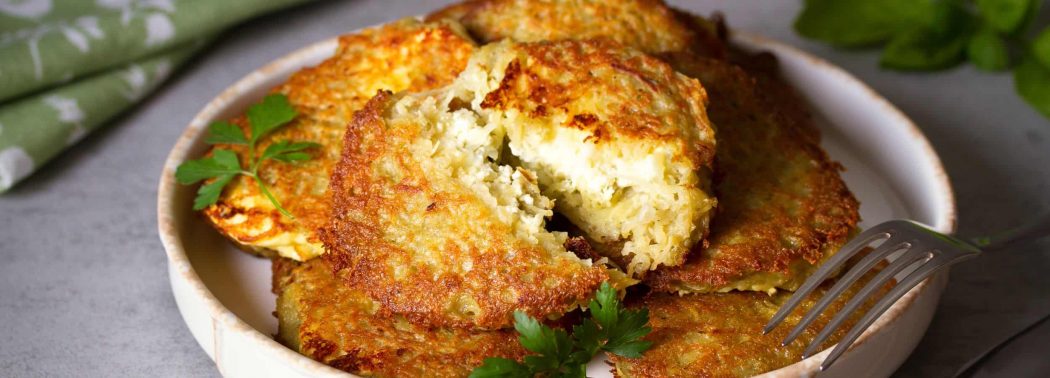
Protein Boost
Proteins are the primary building block of every living cell and are essential for normal body functions and processes. Although not particularly rich, potatoes contain a fair share of proteins.
Complex carbohydrates
The main nutrient in potatoes is complex carbohydrates. Carbohydrates are a key energy source that fuels the muscles and helps with recovery. Carbs are critical for both physical and mental welfare.
Plus, the complex carbohydrates from potatoes are slowly released into the bloodstream, which means they do not cause sugar spikes and will keep your dog satiated.
Vitamin C and B6
In terms of vitamins, potatoes are rich in vitamin C and vitamin B6. Vitamin C boosts the immune system, acts as a potent antioxidant, and supports healthy skin and coat. Vitamin B6 regulates the metabolism of carbohydrates and proteins, improves mood, and assists cellular regeneration.
Potassium and Iron
Potatoes contain significant amounts of potassium and iron. Potassium is an essential electrolyte necessary for heart, brain, and kidney functioning. On the other hand, as a red blood cell component, iron helps distribute oxygenated blood through the body.
Fiber
Potatoes are an excellent source of dietary fibers. Fibers play several important roles in the body – they support gut health and regular bowel movements, keep the blood sugar and cholesterol levels within normal ranges, and boost heart function.
Can Hash Browns be Bad for Dogs?
Yes, just like any other food, hash browns can be bad for dogs, especially if they contain toxic ingredients and are deep-fried. Even when correctly prepared, hash browns can be hazardous if overfed – served too often or in large servings.
To help you understand the hidden dangers behind hash browns, let’s take a look at each risk and review its impact.
Potato Allergies
Food allergies in dogs are pretty common. Potato allergies, in particular, are not as widespread as owners believe. However, potato allergies are a possible scenario and definitely worth mentioning.
Dangerous Ingredients
Some hash brown recipes include ingredients and spices that are potentially dangerous or even toxic to dogs.
For example, commonly used ingredients with toxic effects are onions and scallions. In terms of spices, hash browns are usually enriched with black pepper, which in excess amounts may cause gastrointestinal ulcers.
Deep-Fried Food
Any deep-fried food is dangerous to dogs. A dog that eats deep-fried hash browns is at risk of developing a severe stomach upset manifested with vomiting, diarrhea, loss of appetite, and abdominal pain.
In the long run, if regularly served, deep-fried hash browns can cause pancreatitis – painful and potentially life-threatening inflammation of the pancreas.
Canola Oil
When store-bought, the hash browns are generally fried in canola oil. Sadly, canola oil is extracted from genetically modified rapeseed, thus posing a severe hazard to the dog’s health.

How Many Hash Brown Can my Dog Eat?
Before explaining the safe amount of hash browns for dogs, we should note that hash browns should only be served if prepared with dog-friendly ingredients and in a dog-friendly way.
With that being said, the recommended serving size of hash browns for the average dog is one small-sized piece. If you have a large dog, you can safely give one and a half and if your dog is rather small, stick to half or even a quarter of a hash brown.
If offering your dog a hash brown snack for the first time, do not give the full portion – start small and if there are no tummy issues, you can increase the serving size the next time. Also, it would be best if you did not give hash browns to young puppies.
How to Prepare and Serve Hash Browns for Your Dog?
Forget about store-bought frozen hash browns and hash browns from food chains. If you want to add this snack to the menu, it is best to prepare them yourself. That way, you can rest assured the hash browns are safe for dogs.
To prepare hash browns for your dog, stick to wholesome and healthy ingredients like organic potatoes, whole-wheat flour, organic eggs, and some coconut oil. Do not add cheese, meat, or any spice.
Ideally, instead of deep-frying the hash browns, you can put them in the air-fryer – they will cook and get crispy without the risk of being too fatty.
Finally, you can give the hash browns as a treat or chopped into small chunks and topped over the dog’s regular food. If planning to use them later, you can store the hash browns in the refrigerator in an airtight container.
Frequently Asked Questions
No, dogs should not eat McDonald’s hash browns because of several reasons. First, they are loaded with salt and sugar. Second, they are deep-fried and too fatty. And, third, they contain canola oil which is harmful to dogs.
Summary
The suitability of hash browns for dogs varies greatly based on the recipe and the serving practices, from healthy snacks through crispy addiction to life-threatening intoxication.
Bottom line, it is best to keep store-bought hash browns out of your dog’s food bowl. If you want to add hash browns as occasional snacks, roll up your sleeves, put the cooking apron on, and make them from scratch with dog-friendly ingredients.
Sources
- Onion, Garlic, Chive, and Leek Toxicity in Dogs, Renee Schmid, 2021
- Canola Oil In Pet Foods; Is It Healthy?, Susan Thixton, 2009
- Potato Allergies in Dogs, Hannah Hollinger, 2021
- 7 Vitamins Your Dog Needs for a Healthy Life, Anna Burke, 2020
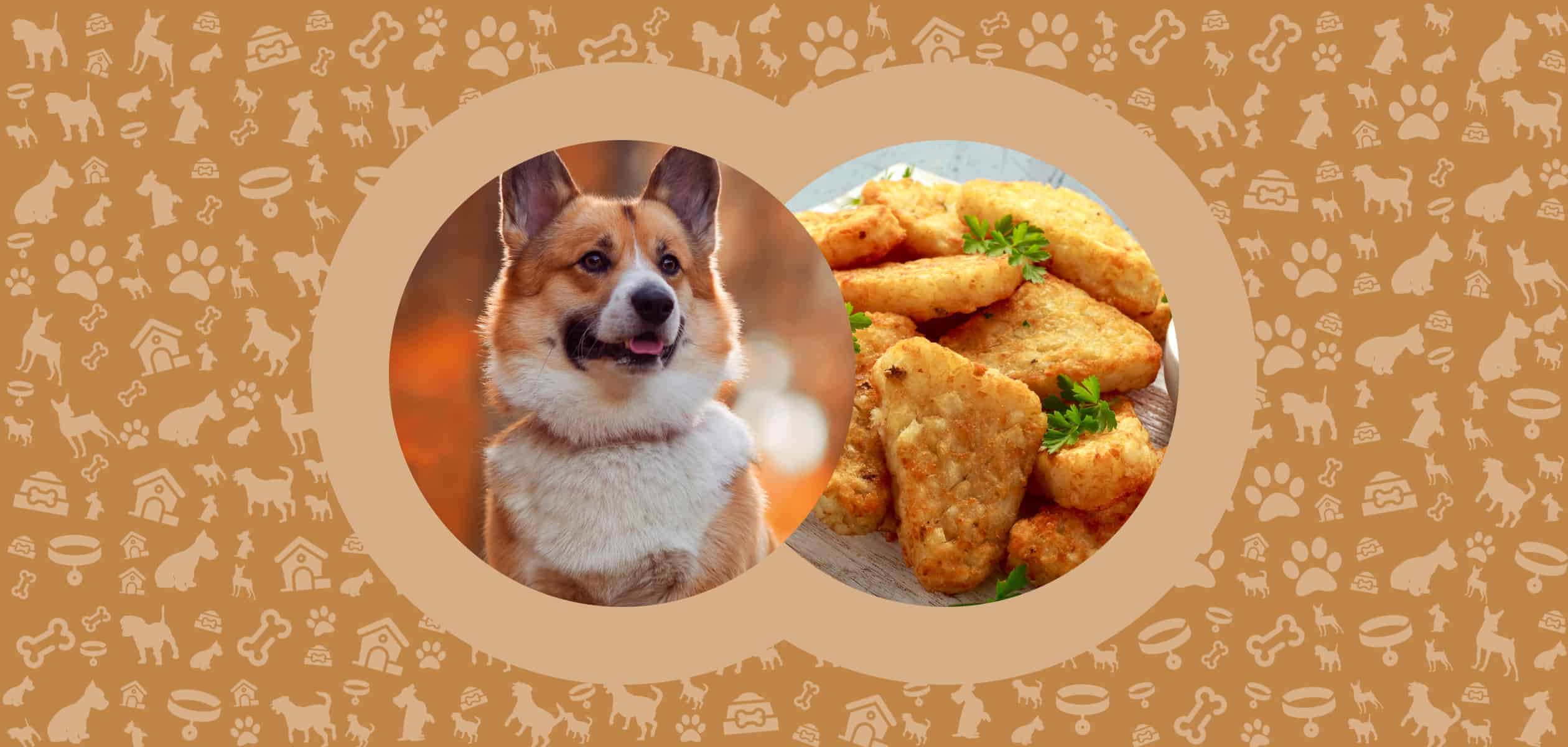
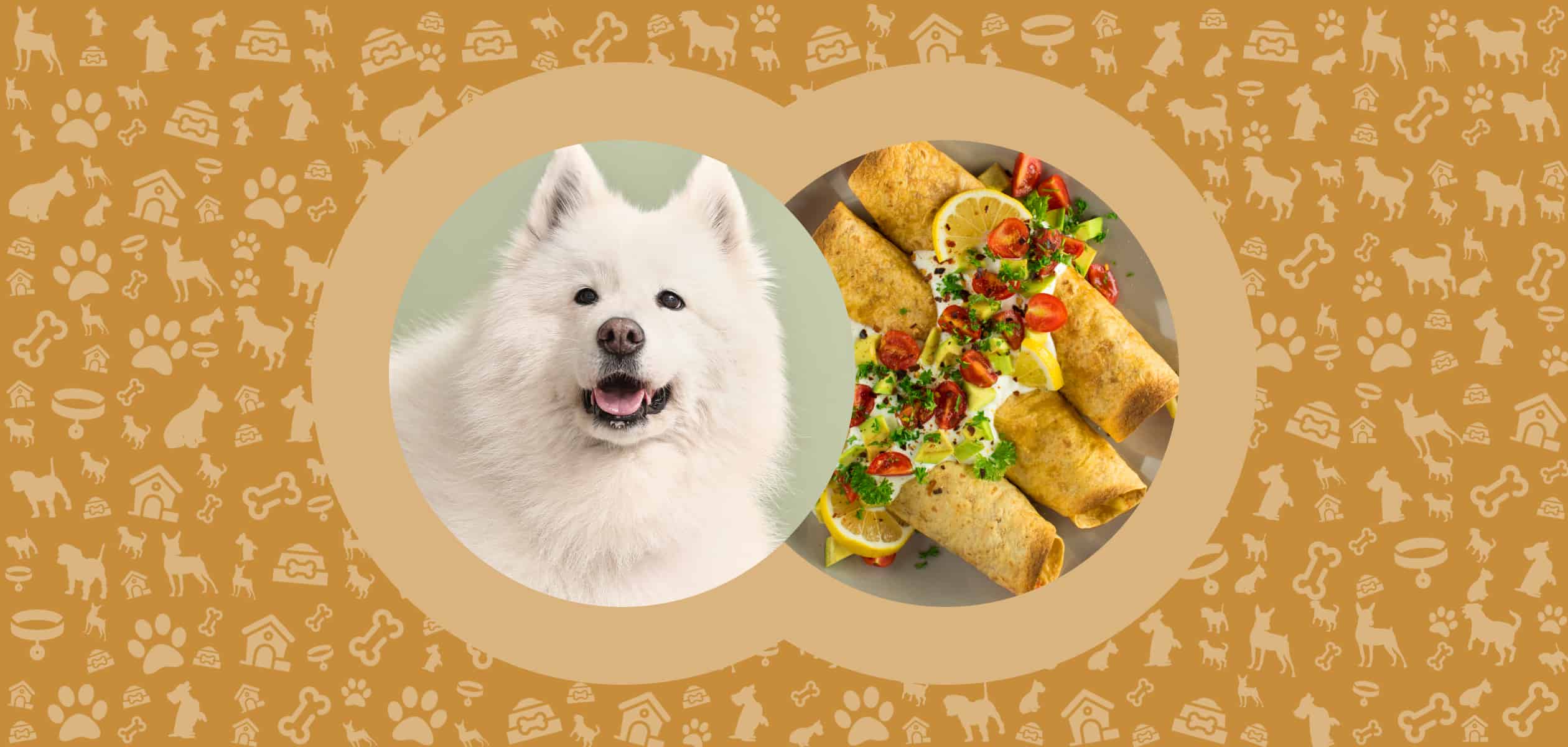
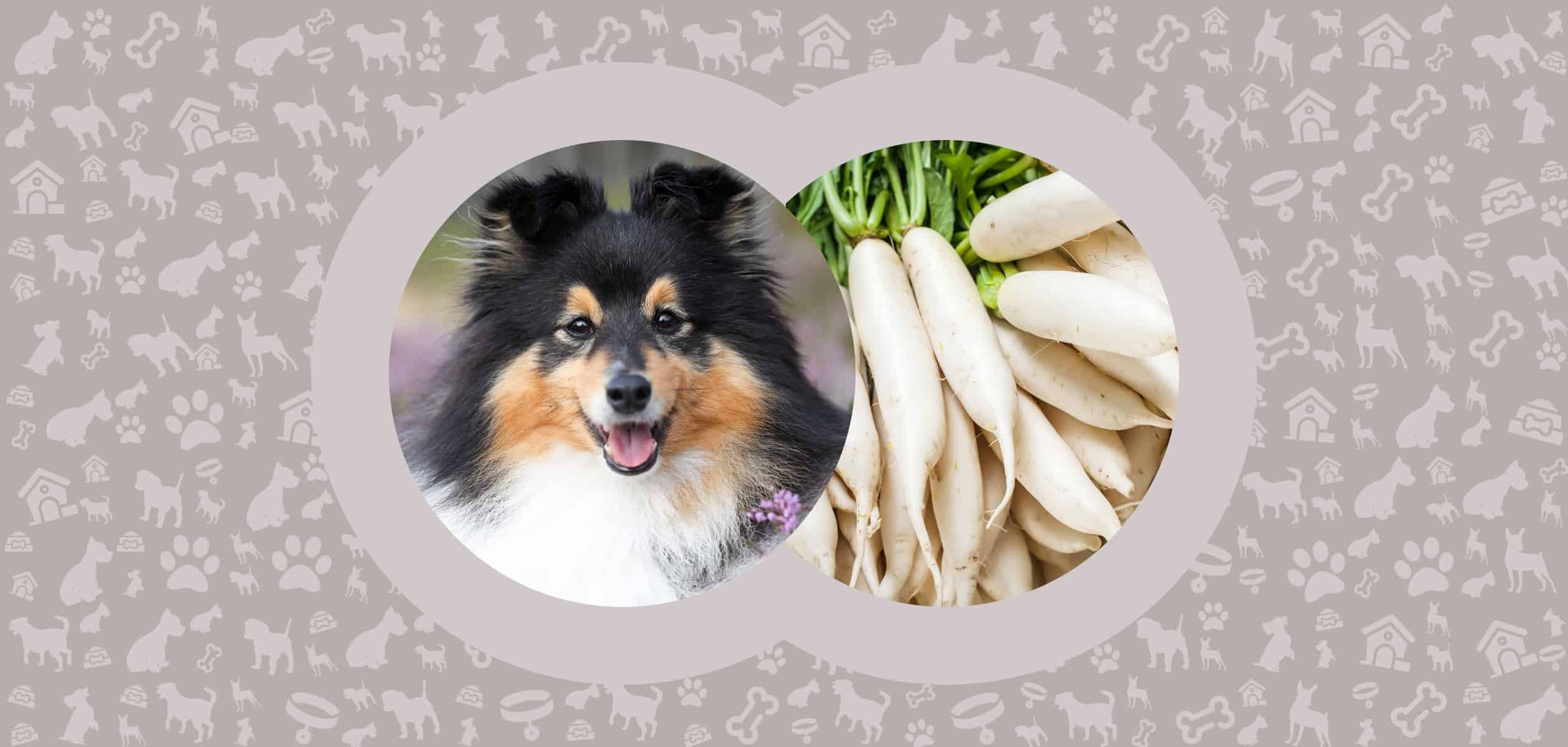
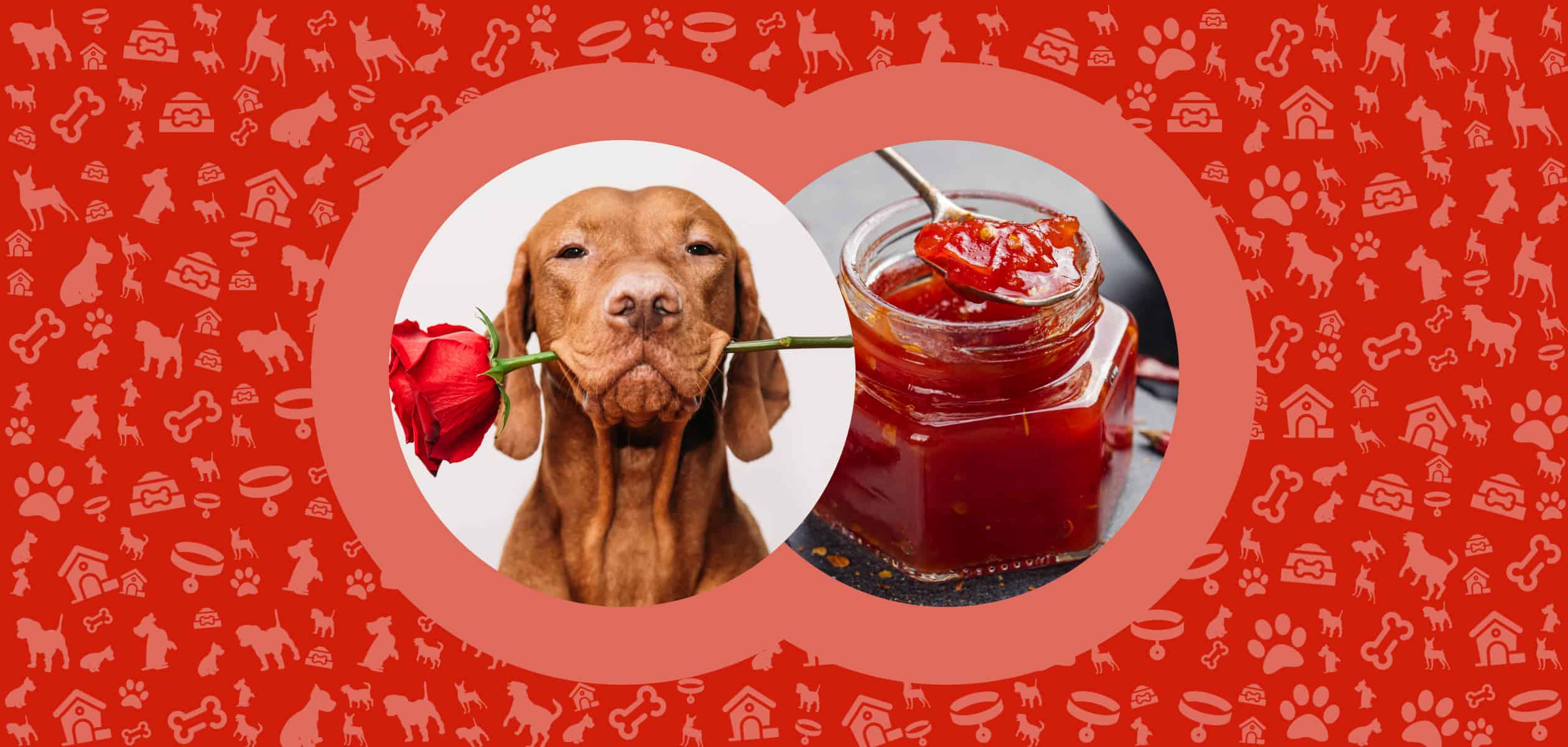
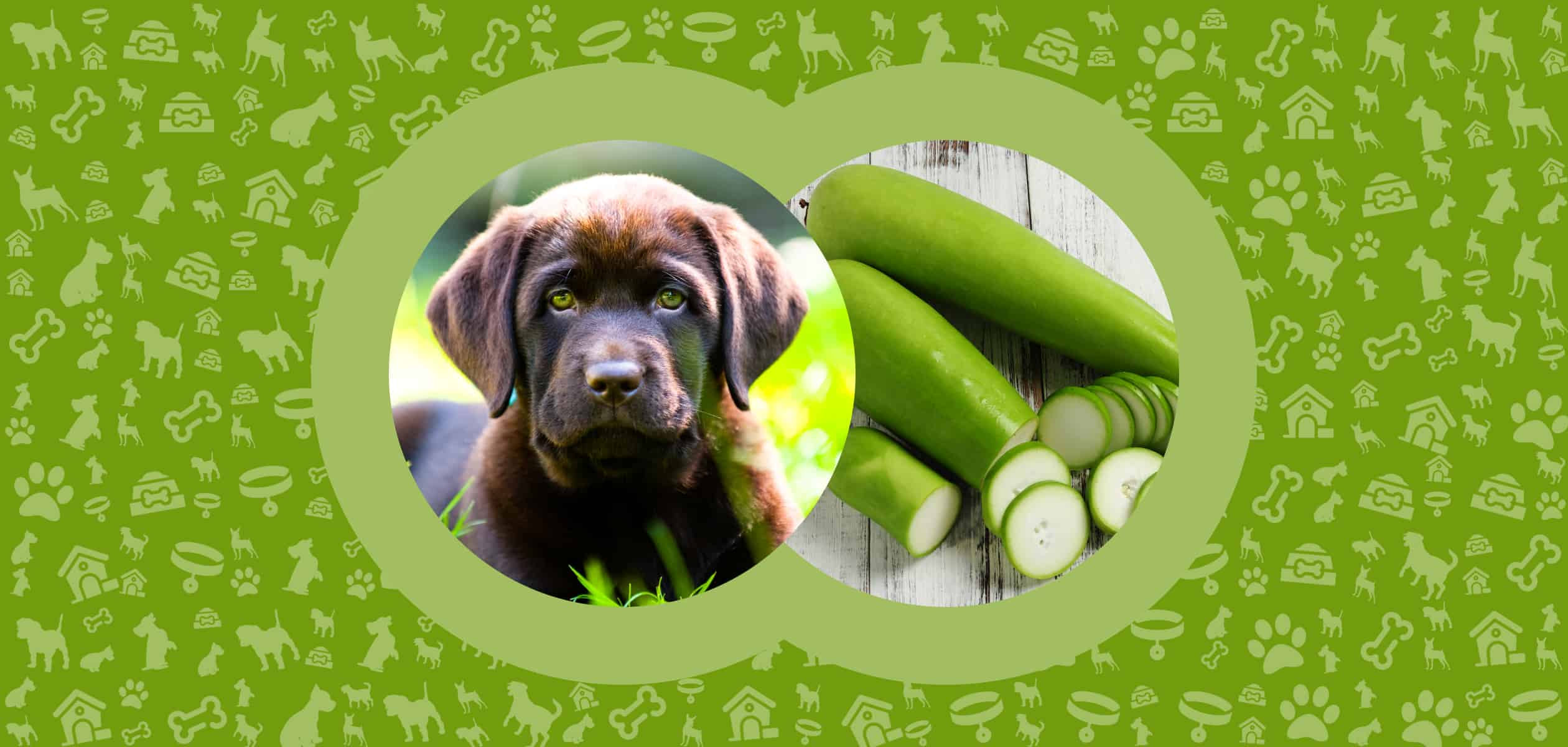
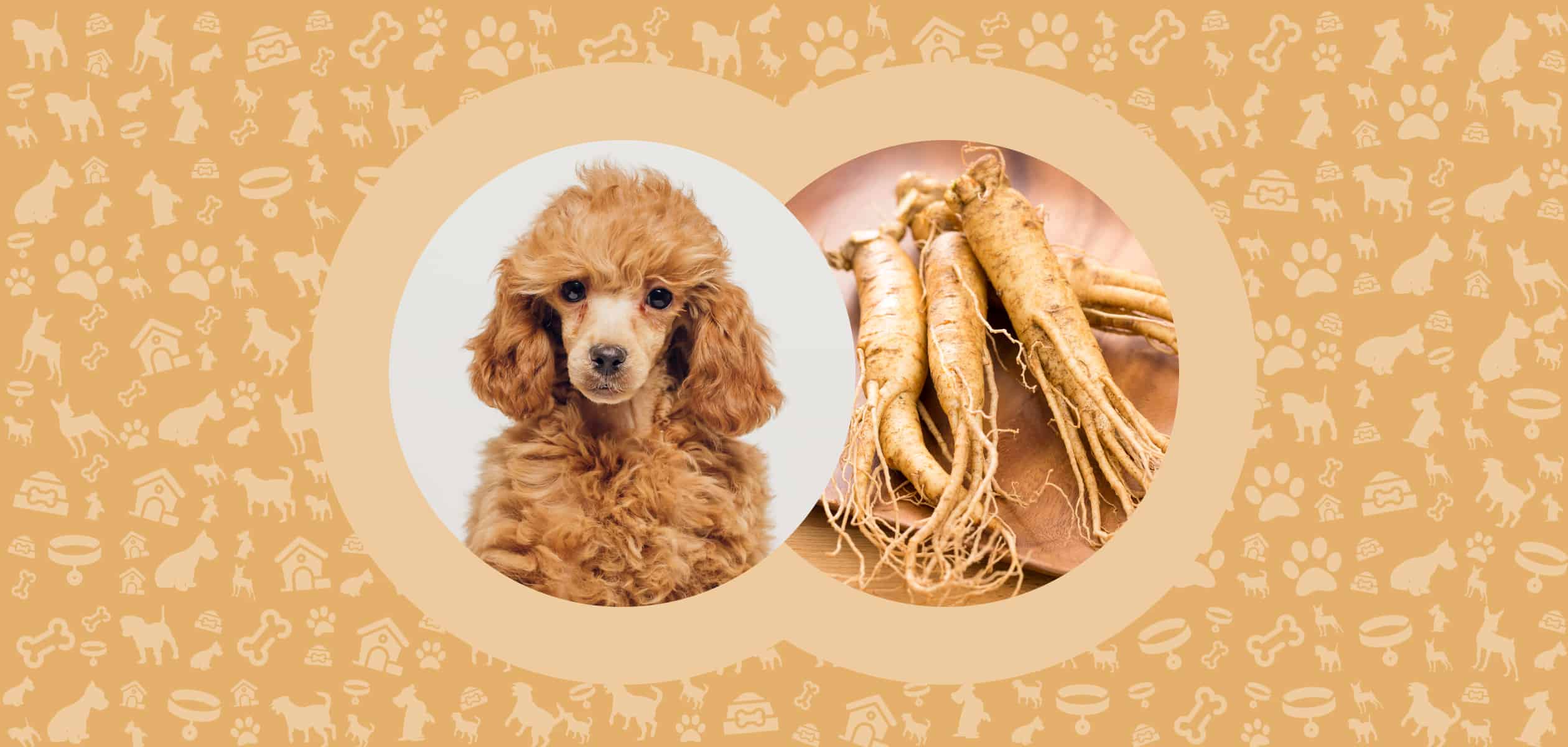
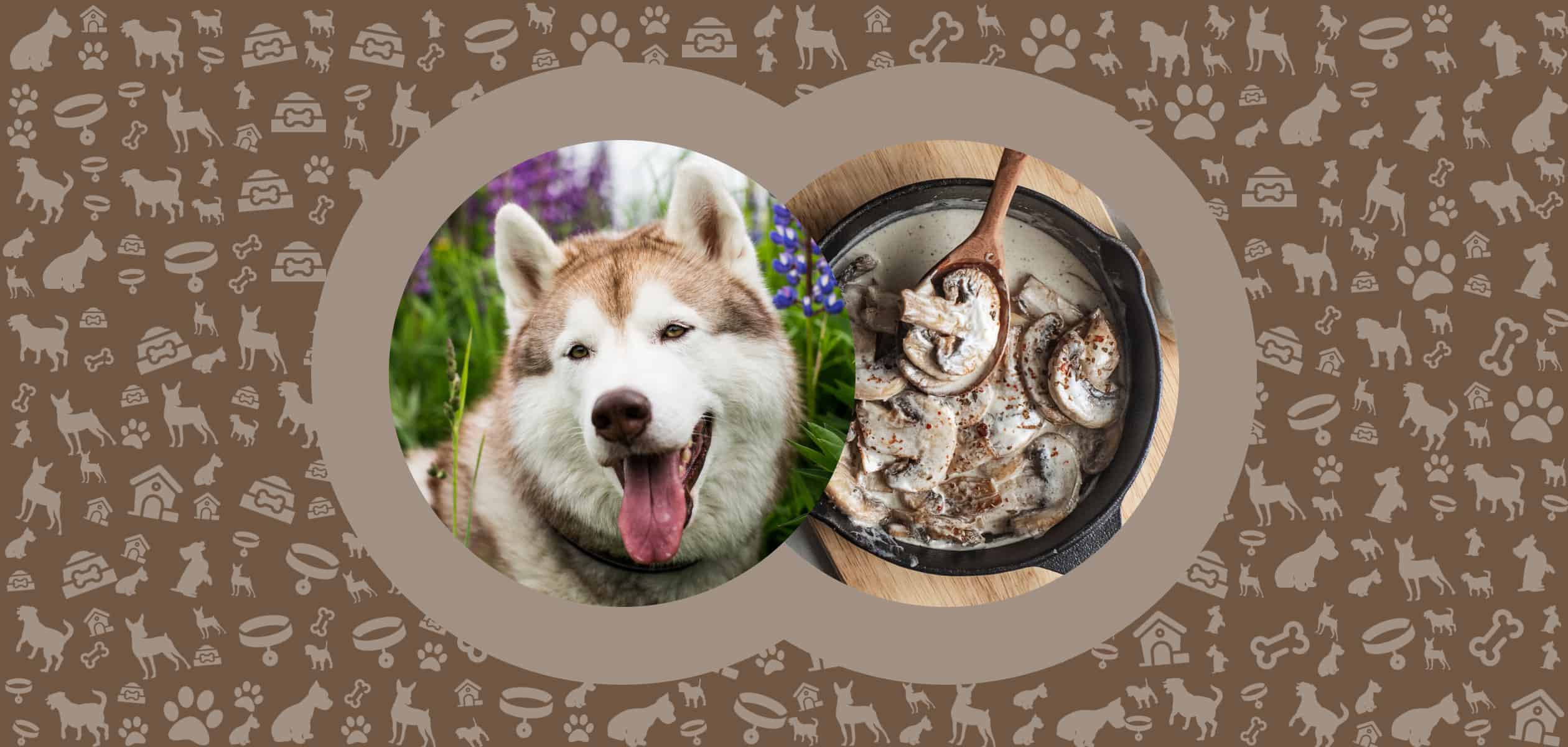
Leave a Comment